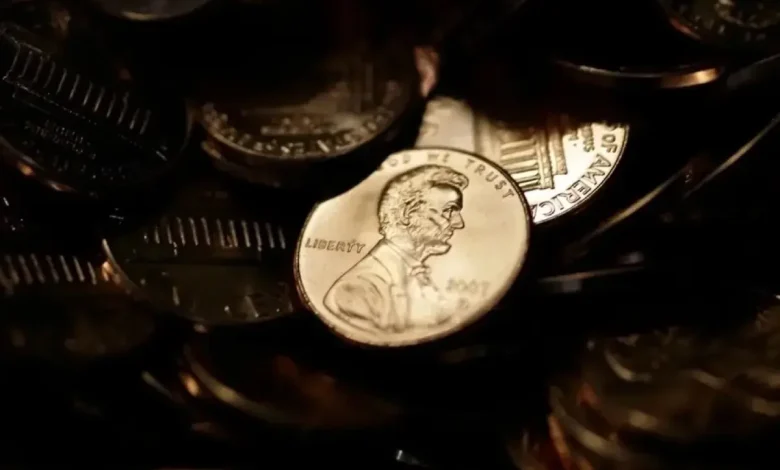Major Chain Scuttles Exact Change Amid Penny Shortage In FL

President Donald Trump’s decision to stop producing the penny is having an impact at retailers and restaurants nationwide, including at McDonald’s, which announced plans to nix “exact change” at many locations last week.
Companies are expecting that pennies might be harder to come by in the coming months. That means that customers paying in cash might not be able to get exact change — in those cases, the total amount would be rounded up or down to the nearest nickel.
“Following the discontinuation of pennies nationwide, some McDonald’s locations may not be able to provide exact change,” reads a statement from McDonald’s USA. “We have a team actively working on long-term solutions to keep things simple and fair for customers. This is an issue affecting all retailers across the country, and we will continue to work with the federal government to obtain guidance on this matter going forward.”
Find out what’s happening in Tampafor free with the latest updates from Patch.
Trump announced on Feb. 9 that the U.S. would no longer mint pennies, citing the high costs. Both the penny and the nickel have been more expensive to produce than they are worth for several years, despite efforts by the U.S. Mint to reduce costs.
In Florida, Fort Walton city officials said they are not able to return pennies in exact change when customers use cash to pay utility bills. The new policy went into effect on Nov. 1.
Find out what’s happening in Tampafor free with the latest updates from Patch.
“Cash payments will be rounded to the nearest nickel ($0.05). If the bill amount is rounded up, the difference will appear as a credit on the customer’s next monthly bill. If the amount is rounded down, the difference will be added as a debit to the next month’s bill,” city officials said.
Coinstar kiosks in Florida can be used to turn coins into cash. To locate a Coinstar kiosk, customers will need to input their addresses online.
Publix supermarkets have their own coin sorting machines that provide receipts to exchange for cash at the Customer Service counter. The stores charge a fee of 9-10% of your total and only allows you to exchange for cash, according to The Florida Times-Union.
The Mint spent 3.7 cents to make a penny in 2024, according to its most recent annual report, and it spends 13.8 cents to make a nickel.
“Let’s rip the waste out of our great nation’s budget, even if it’s a penny at a time,” Trump wrote on Truth Social.
The Treasury Department said in May that it was placing its last order of copper-zinc planchets — the blank metal disks that are minted into coins.
In June, the last pennies were minted and by August, those pennies were distributed to banks and armored vehicle service companies.
The U.S. Mint issued 3.23 billion pennies in 2024, the last full year of production, more than double that of the second-most minted coin in the country: the quarter.
The problem with pennies is they are issued, given as change, and rarely recirculated back into the economy.
Americans store their pennies in jars or use them for decoration. This requires the Mint to produce significant sums of pennies each year.
The government is expected to save $56 million by not minting pennies, according to the Treasury Department. Despite losing money on the penny, the Mint is profitable for the U.S. government through its production of other circulating coins as well as coin proof and commemorative sets that appeal to numismatic collectors.
So, to avoid lawsuits, retailers are rounding down. While two or three cents may not seem like much, that extra change can add up over tens of thousands of transactions.
A bill currently pending in Congress, known as the Common Cents Act, calls for cash transactions to be rounded to the nearest nickel, up or down. While the proposal is palatable to businesses, rounding up could be costly for consumers.
For example, Canada announced it would eliminate its one-cent coin in 2012, transitioning away from one-cent cash transactions starting in 2013 and is still redeeming and recycling one-cent coins a decade later.
The “decimalization” process of converting British coins from farthings and shillings to a 100-pence-to-a-pound system took much of the 1960s and early 1970s.
The U.S. removed the penny from commerce abruptly, without any action by Congress or any regulatory guidance for banks, retailers or states.
The retail and banking industries, rarely allies in Washington on policy matters related to point-of-sale, are demanding that Washington issue guidance or pass a law fixing the issues that are arising due to the shortage.
The Associated Press contributed reporting.
Get more local news delivered straight to your inbox. Sign up for free Patch newsletters and alerts.





